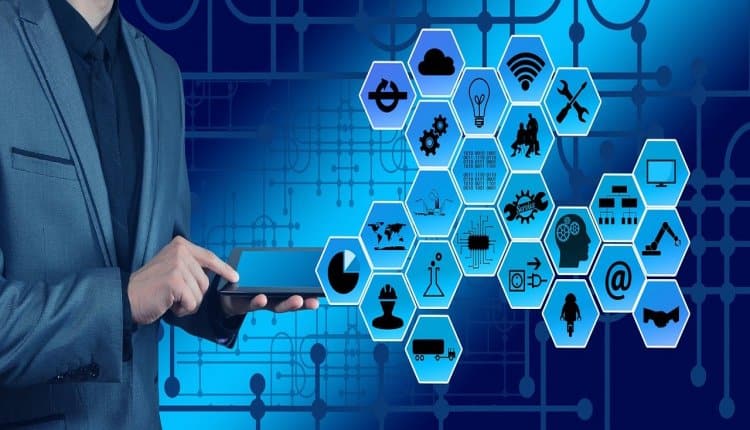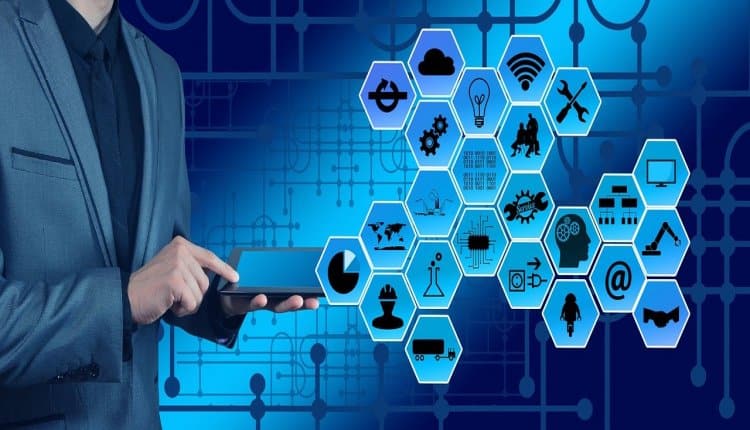The rapid pace of technological advancements has brought about significant changes in how we live, work, and interact. From automation and artificial intelligence (AI) to breakthroughs in healthcare and communication, technology continues to reshape every aspect of modern life. However, as these innovations present numerous benefits, they also come with potential risks. In this article, we explore both the positive impacts and the challenges posed by technological advancements.
Benefits of Advancements in Technology
1. Improved Efficiency and Productivity
Technology has significantly boosted productivity across various industries. Automation, AI, and machine learning have streamlined processes, enabling businesses to operate more efficiently. Tasks that once took hours or days can now be completed in a fraction of the time, leading to increased output and reduced costs.
2. Better Healthcare
Advancements in medical technology, such as AI-assisted diagnostics, robotic surgeries, and telemedicine, have revolutionized healthcare. These innovations have improved patient care, made treatments more accessible, and helped doctors make faster, more accurate diagnoses, saving lives and improving overall healthcare outcomes.
3. Enhanced Communication
The advent of the internet, smartphones, and social media platforms has transformed the way we communicate. Video calls, instant messaging, and social networks allow individuals and businesses to stay connected across the globe. These technologies foster collaboration, enabling people to work together from different locations and time zones.
4. Access to Information and Education

Technology has democratized access to information and education. Online learning platforms, educational apps, and digital resources have made knowledge more accessible than ever before. Students in remote or underserved areas can now access quality education, bridging the education gap globally.
5. Economic Growth and Innovation
Technological advancements fuel economic growth by creating new industries and job opportunities. Startups and tech companies drive innovation, developing products and services that meet the needs of modern society. As technology evolves, new sectors emerge, providing employment opportunities and contributing to economic development.
6. Sustainable Solutions for the Environment
Technology plays a crucial role in addressing environmental challenges. Renewable energy technologies, such as solar and wind power, have made significant strides, reducing reliance on fossil fuels. Moreover, innovations in waste management, carbon capture, and sustainable agriculture are helping create a more sustainable future for the planet.
7. Improved Quality of Life
Advances in technology have improved everyday life by making tasks more convenient and enhancing personal well-being. Smart home devices, wearable fitness trackers, and voice assistants help individuals manage their daily routines more effectively, improving comfort and productivity.
Risks of Advancements in Technology
1. Job Displacement
While technology creates new job opportunities, it also leads to job displacement, particularly in industries reliant on manual labor. Automation and AI are replacing jobs in manufacturing, customer service, and even healthcare. This shift requires workers to adapt and learn new skills, posing challenges for those whose roles are becoming obsolete.
2. Privacy and Security Concerns
As more of our personal data is shared and stored online, privacy and security concerns have risen. Cyberattacks, data breaches, and surveillance pose threats to individuals’ privacy, and the collection of personal data by tech companies raises ethical concerns about how this information is used and protected.
3. Digital Divide
Despite the benefits of technology, access remains uneven across different regions and demographics. The digital divide refers to the gap between those who have access to the latest technologies and those who do not, particularly in developing countries. This gap can exacerbate existing inequalities, limiting opportunities for education, healthcare, and economic advancement.
4. Addiction and Mental Health Issues
Excessive use of digital devices, social media, and video games has been linked to mental health issues such as anxiety, depression, and addiction. The constant connectivity facilitated by smartphones and social media can lead to feelings of isolation and dependency, affecting overall well-being.
5. Ethical Dilemmas in AI and Automation
The rise of AI and automation presents various ethical challenges, including questions about bias in algorithms, decision-making transparency, and the impact on human rights. Ensuring that AI systems are designed and implemented ethically is crucial to avoid harmful consequences in areas such as hiring practices, criminal justice, and healthcare.
6. Environmental Impact of Technology
While technology can provide solutions for sustainability, the production and disposal of tech products also contribute to environmental degradation. E-waste, the extraction of raw materials, and the energy consumption of data centers have significant environmental costs that must be addressed as technology continues to advance.
7. Social Isolation
The increased use of technology in personal and professional life has led to concerns about social isolation. People may become more reliant on digital communication, which can reduce face-to-face interactions and lead to a decline in social bonds. Over-reliance on technology may contribute to loneliness and a sense of disconnection from others.
8. Manipulation and Misinformation
The rise of social media and digital platforms has made it easier for misinformation to spread. Technology can be used to manipulate public opinion, spread fake news, and influence elections. Addressing the issue of misinformation requires better regulation of digital platforms and increased digital literacy among users.
Read Also :-http://How Can Technology Help Address Global Challenges?
Conclusion
Technological advancements have undoubtedly transformed society, bringing about numerous benefits that enhance productivity, healthcare, education, and sustainability. However, these advancements also come with challenges, including job displacement, privacy concerns, and the risk of social isolation. As technology continues to evolve, it is essential to address these risks through ethical development, regulation, and a focus on inclusivity. By doing so, we can harness the full potential of technology while mitigating its negative impacts.





